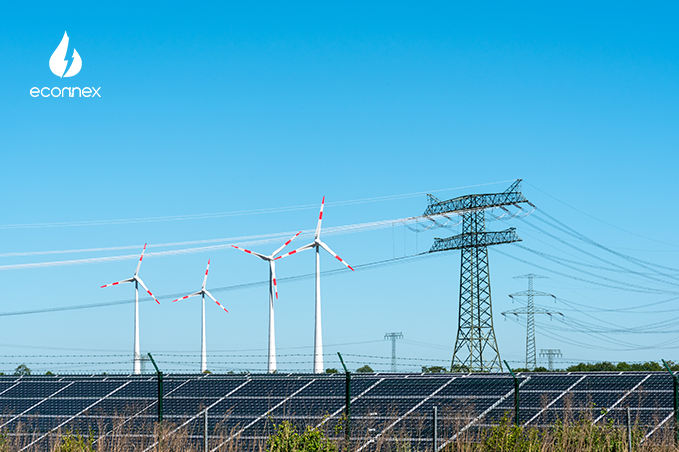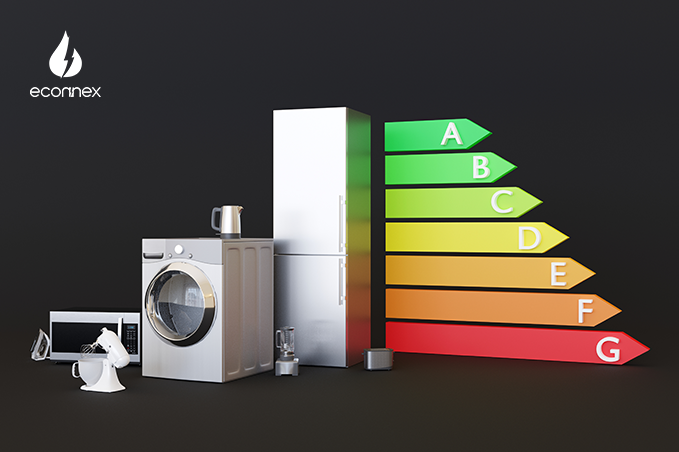The Energy Rating System: Measures appliance efficiency. Look for stars! Higher rating means lower energy consumption. Go green, save money!

Published on 06/09/2023
By Ankit Jain
Energy Comparison
Cost of electricity rises higher and higher, you come up with different ways on how to save on your bills. Purchasing energy efficient appliances is one of your options to protect both your pocket and the environment. What you know- the more stars, the more efficient an appliance is. But do you really understand energy ratings mean? What’s in a star? Am I really going to save money?
Know the answers to these questions to help you be informed with the right choice about the appliance you buy.
In 1986 this was introduced in Victoria and NSW, now mandatory throughout the country for the following appliances: dishwashers, washing machines, dryers, refrigerators, freezers, single-phase air conditioners, computer monitors and televisions. This helps consumers compare the energy efficiency and running cost of appliances before actually buying one.
Energy rating labels display two things: a star rating and an estimate of the appliance’s annual energy consumption in kWh/year.
The star rating, most appliances have a maximum star rating of 6.The standard 6-star energy rating label or a 10-star energy rating label for ‘super-efficient’ appliances, which are rated 7 stars and higher. Which simply means the more stars, the more energy efficient the appliance.
The energy consumption figure is an estimate of the amount of energy (in kilowatts per hour) the appliance will consume in a year based on average daily usage. Figures are only an estimate: actual usage, the climate you live in and energy efficiency of your home will impact on the number of kWh used per year. Use the energy consumption number to compare any model – no matter their sizes (capacities). The lower the number, the less a model costs to run – and the less you pay on your electricity bill.
The star rating is about energy efficiency – rates the efficiency of appliances from 1 – 10 stars, more stars means more efficient – when compared to other models of the same size. Star ratings can come in whole or half-star increments, with their energy efficiency determined by the energy service per unit of energy consumption – the lower the energy consumption per unit of energy service the higher the star rating.
It is OK to buy a model with just 1 star but means it isn’t as efficient as other models of the same size so it will cost more to run. The least efficient products allowed to be sold are given one just star – whereas the most efficient are given 10.
Star ratings are calculated using algorithms defined by the Australian and New Zealand Standards that measure energy consumption and performance. As appliances become more efficient, the algorithms are adapted to incorporate the new criteria. This is why there’s a 10-star rating system, when once the maximum energy efficiency rating was 6 stars.
Yes, you will spend less money on electricity if you use a more energy efficient appliance. Savings may not be noticed on a day-to-day basis but this represents in a long-term. However, you might need to pay a large upfront cost for a more efficient appliance.
Ask yourself these few questions if whether the upfront costs will be offset by smaller energy bills over the long term:
Yes, both on consumer purchasing decisions and encourage manufacturers to improve the energy efficiency and quality of products on offer. This allows comparison of appliances not only on the basis of the retail price but on running costs over time.
Remember:
Price is not the only basis for purchasing an appliance in order to save money.
Discover more energy efficient tips on Econnex.



